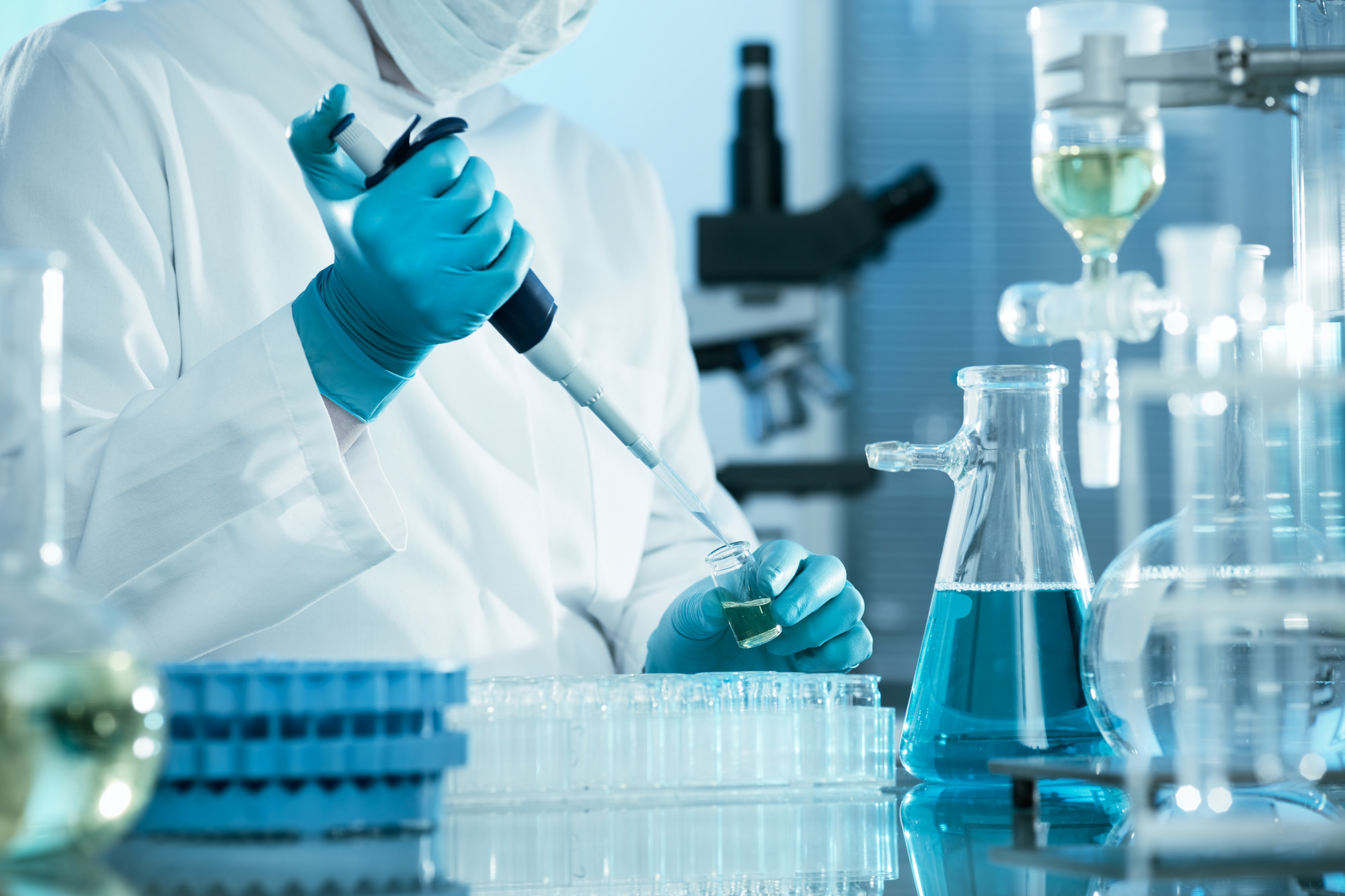Veni grants for seven Groningen researchers

The Dutch Research Council (NWO) has decided to award Veni grants to seven researchers from the UG and the UMCG: Yingying Cong, Max Fürst, Lisanne van Dijk, Esther Metting, Felix Poppelaars, Simon Pouwels en Gwenny Verstappen. With the grant money, the researchers will be able to further develop their own research ideas for three years.
In total, the NWO has provided Veni funding up to €280,000 each to 89 promising early-career researchers from the NWO Domain Science and the Netherlands Organisation for Health Research and Development (ZonMw). The Veni grants, together with the Vidi and Vici grants, are part of the NWO Talent Programme (formerly the Innovational Research Incentives Scheme). The Veni grants are designed for outstanding researchers who have recently gained a PhD. Within this Talent Programme, researchers are free to submit their own topics for funding. In this way, the NWO wishes to stimulate innovative and curiosity-driven research. The NWO selects the researchers on the basis of their quality, the innovative nature of their research, the expected societal impact of their research proposal, and the possibilities for knowledge utilization.
The following proposals from the UG and the UMCG were awarded a Veni grant.
Fighting coronavirus outbreaks, Dr Yingying Cong (UMCG)
Coronaviruses are a recurring threat to human health and the farming industry, and new epidemics will inevitably emerge. This project aims at identifying and characterizing compounds that block the conserved mechanism of viral replication in coronaviruses. The ultimate goal of this project is to provide anti-coronaviral compounds to fight future coronavirus outbreaks.
Designer proteins on display, Dr Max Fürst
“Protein display” is among the most powerful engineering strategies researchers have devised to equip proteins with useful functions, because it allows assessing millions of variants. The researcher here describes the first display method that labels proteins with a molecular “barcode” to rapidly identify characteristics of computer-designed proteins.
Personalizing radiotherapy with Artificial Intelligence: reducing the toxicity burden for cancer survivors, Dr Lisanne van Dijk
Many head and neck cancer patients suffer from persistent severe toxicities following radiotherapy. As survival rates increase, toxicity reduction has become more pivotal. This project uses Artificial Intelligence techniques to predict toxicity trajectories, which can facilitate personalized decision-support to guide physicians in finding optimal strategies to reduce these severe toxicities.
Reducing health inequalities by opening up E-Health access for digitally non-skilled people, Dr Esther Metting (UMCG)
The healthcare sector increasingly uses E-Health to improve treatment. As a result, the treatment and resulting health of non-digitally skilled persons is lagging behind. Together with COPD patients and care providers, I will develop a method that will enable non-digitally skilled people to benefit from the health advantages of E-Health.
The Complotype, a new criterion for donor-recipient compatibility in renal transplantation, Dr Felix Poppelaars (UMCG)
The inherited set of complement genes is called the Complotype and determines the individual’s ability to activate and regulate their complement system. I will investigate whether the Complotype combination of donor-recipient pairs predicts long-term prognosis and can therefore be used for donor-recipient pairing in renal transplantation to improve long-term outcomes.
Danger signals released from damaged lung cells trigger extra-pulmonary co-morbidities in COPD patients, Dr Simon Pouwels (UMCG)
I will study the impact of danger signals released from damaged lung cells on other organs, contributing to the development of extra-pulmonary manifestations of COPD. The goal is to identify novel biomarkers and therapeutic targets for COPD co-morbidities using a translational approach with large clinical cohorts and advanced 3D models.
How B-cells break bad; unravelling B-cell hyperactivity in systemic autoimmunity, Dr Gwenny Verstappen (UMCG)
Overactive B-cells drive systemic autoimmunity, yet underlying reasons for B-cell hyperactivity remain elusive. This researcher will elucidate mechanisms of B-cell hyperactivity by uniquely combined functional and molecular characterization of B-cell responses in Sjögren’s syndrome, a prototypic B-cell mediated autoimmune disease, to map heterogeneity among patients and identify patient-tailored therapies.
Adjusted planning
The Veni is awarded annually by NWO. These awards concern part of the Veni round 2021, namely the science domains ENW and ZonMw. In recent years NWO has had to shift the planning of the Veni rounds, necessitated by corona and a hack. For the SGW and TTW domains, the decision making is scheduled for April 2022.
Please visit the NWO website for more information.
| Last modified: | 23 September 2024 09.07 a.m. |
More news
-
03 April 2025
IMChip and MimeCure in top 10 of the national Academic Startup Competition
Prof. Tamalika Banerjee’s startup IMChip and Prof. Erik Frijlink and Dr. Luke van der Koog’s startup MimeCure have made it into the top 10 of the national Academic Startup Competition.
-
01 April 2025
NSC’s electoral reform plan may have unwanted consequences
The new voting system, proposed by minister Uitermark, could jeopardize the fundamental principle of proportional representation, says Davide Grossi, Professor of Collective Decision Making and Computation at the University of Groningen
-
01 April 2025
'Diversity leads to better science'
In addition to her biological research on ageing, Hannah Dugdale also studies disparities relating to diversity in science. Thanks to the latter, she is one of the two 2024 laureates of the Athena Award, an NWO prize for successful and inspiring...
